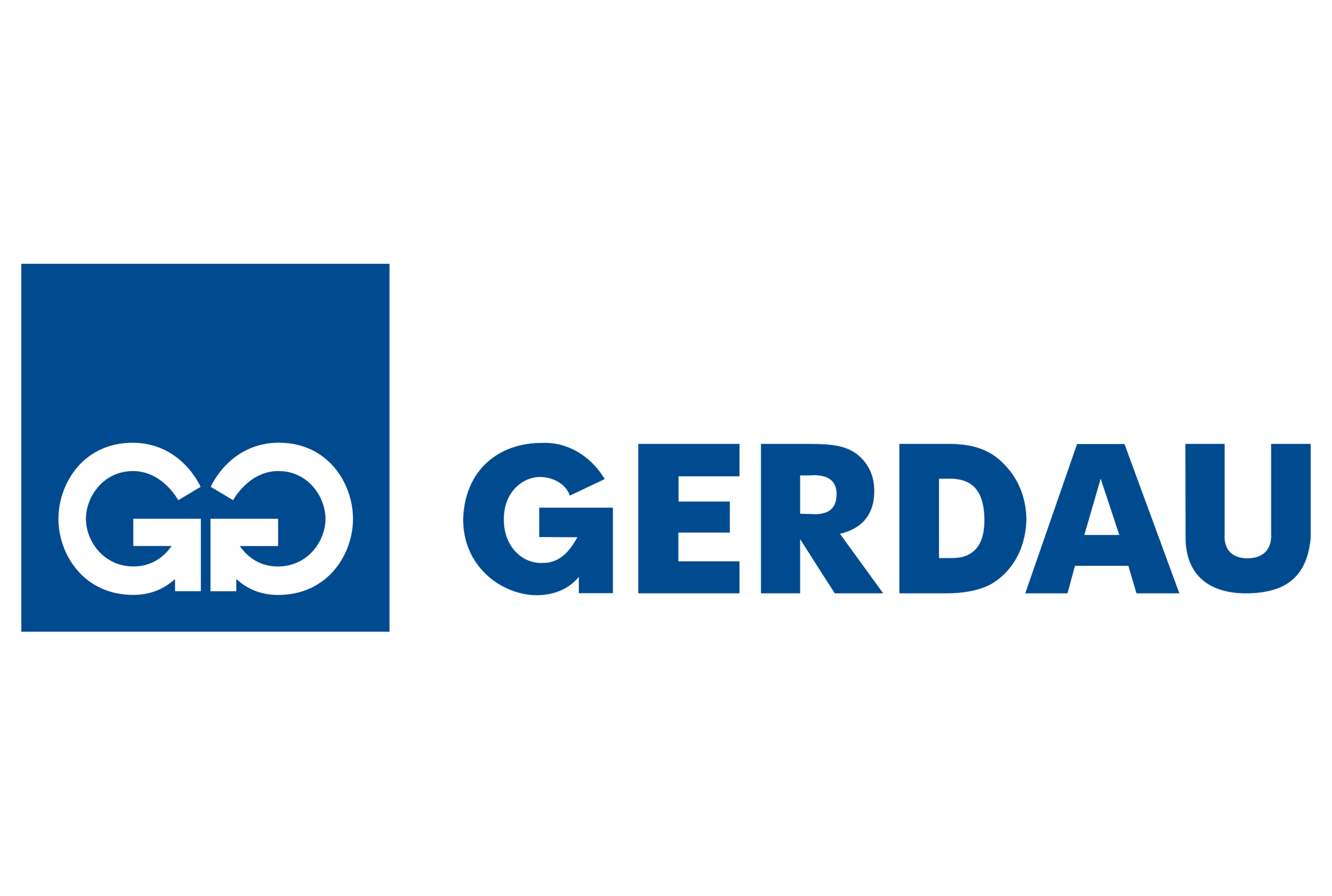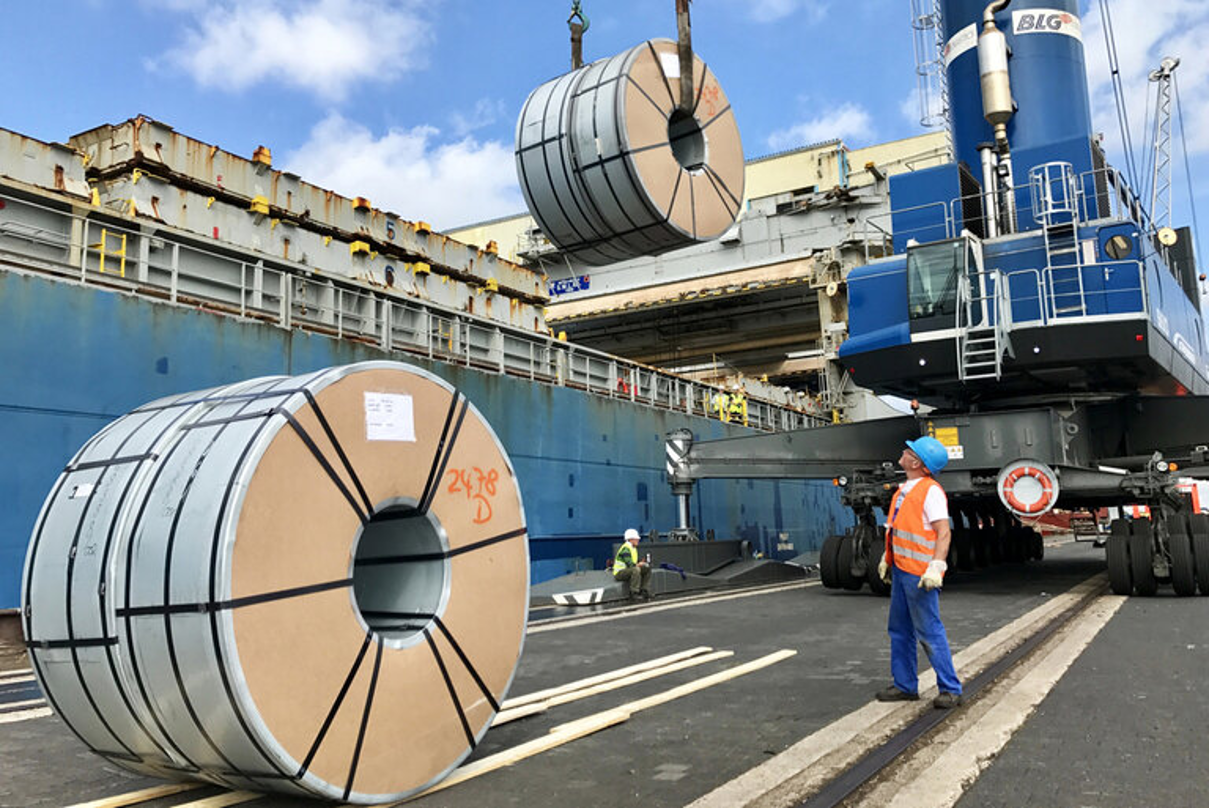Canada
July 1, 2025
Canada moves to curb steel imports with TRQs
Written by Laura Miller
Canada has implemented tariff-rate quotas (TRQs) on steel imports to help protect and stabilize its domestic market.
The previously announced quota measures took effect on June 27.
Notably, they do not apply to countries that have a free trade agreement (FTA) with Canada. Thus, this exempts 52 countries, including the US and Mexico.
Also notable is that any unfilled quota remaining at the end of a quarter will be rolled over into the next, according to the Department of Finance Canada.
The product categories and quarterly quota volumes are shown below.
| Product | Quarterly quota (metric tons) | Maximum share of total quota per country |
|---|---|---|
| Flats | 186,856 | 36% |
| Longs | 178,512 | 28% |
| Pipe and tube | 117,406 | 47% |
| Semi-finished | 152,383 | 72% |
| Stainless | 5,568 | 91% |
Any imports above the quota levels will be subject to a 50% surtax.
“This measure will help stabilize the Canadian market and prevent harmful diversion of foreign steel from third countries into Canada while minimizing impacts on Canadian importers and downstream users,” according to Finance Canada.
The Canadian government will review the quotas “in 30 days to ensure their appropriateness and effectiveness in light of evolving market circumstances, and periodically thereafter.”
Canadian industry anticipates little help from TRQs
The Canadian steel industry doesn’t see the TRQs as doing much to help what it sees as a dire situation.
Catherine Cobden, president and CEO of the Canadian Steel Producers Association (CSPA), believes a tariff-rate quota will still allow high levels of steel imports to enter the country duty-free.
She put it bluntly: “In its current form, the TRQ will do little to support our industry.”
The United Steelworkers (USW) union in Canada agrees.
“The tariff-rate quota is too narrow. It locks in high levels of dumped steel and doesn’t cover some of the worst offenders,” said USW National Director Marty Warren.
As is, the TRQ system “leaves out two-thirds of imports to Canada, including from countries like South Korea and Vietnam, with whom Canada has a free trade agreement, despite repeated dumping violations,” USW added.
CSPA has warned that there could be a huge fallout from the tariff war, with thousands of job losses across the Canadian steel industry.
The union said it will continue to press the federal government. Warren stated: “Canadian jobs are on the line – and half measures won’t cut it.”
US-Canada trade talks continue
Canada rescinded a planned digital services tax over the weekend in order to resume trade talks with the US.
Recall that on Friday afternoon, another presidential outburst on social media said the US was terminating trade discussions due to the levy.
On Sunday, in response, Canada’s government announced it would rescind the tax “in anticipation of a mutually beneficial comprehensive trade agreement with the United States.”
“Canada’s new government is engaged in complex negotiations on a new economic and security partnership with the United States,” the government said to explain the reversal.
Leaders of the two countries agreed to resume negotiations “with a view towards agreeing on a deal by July 21,” the Canadian government said.







